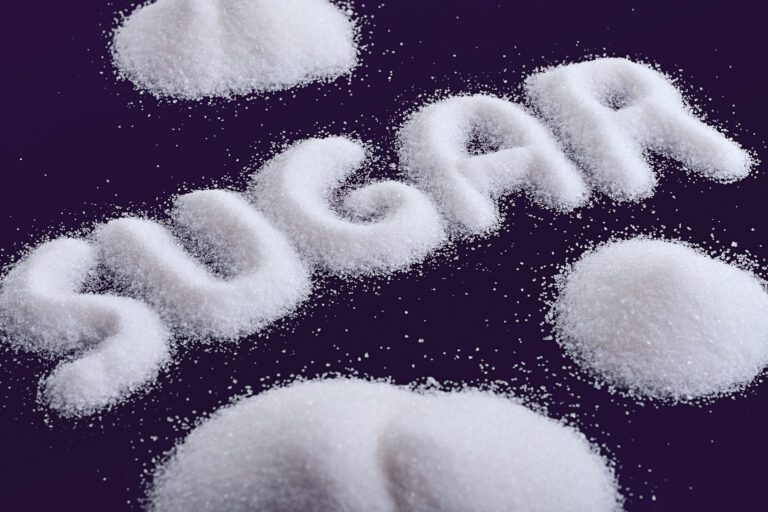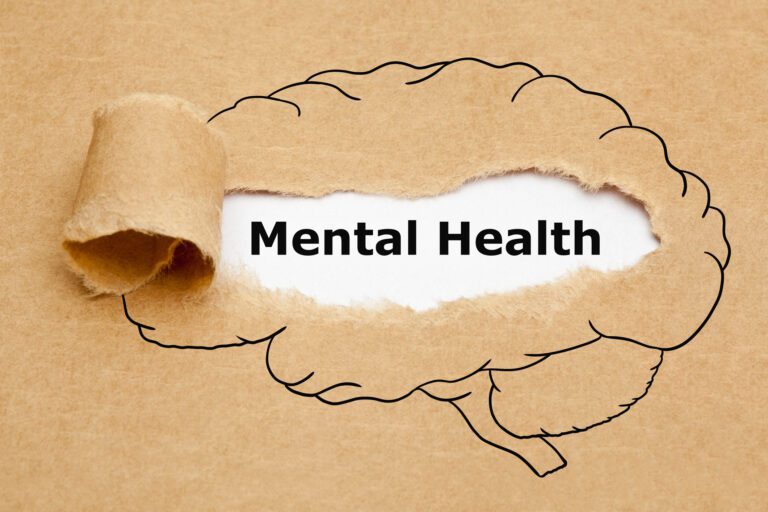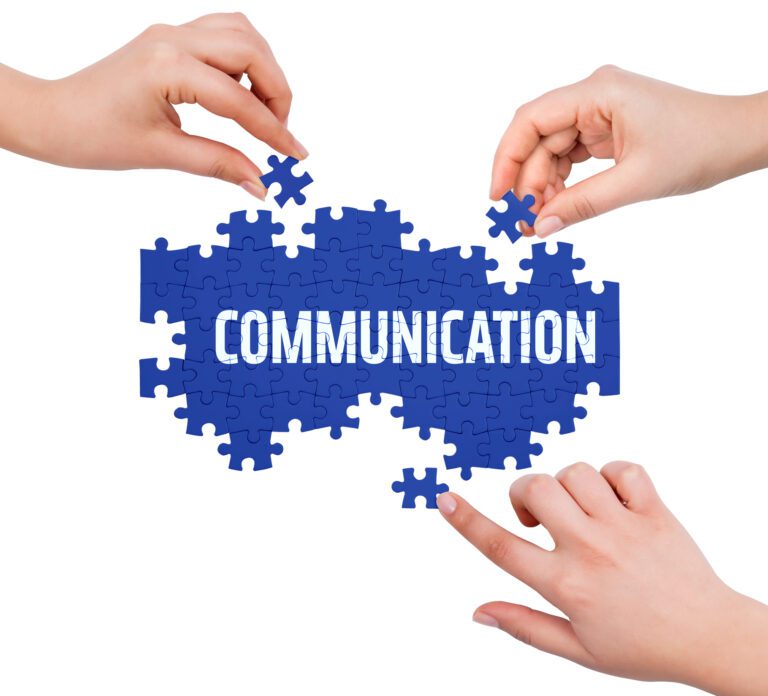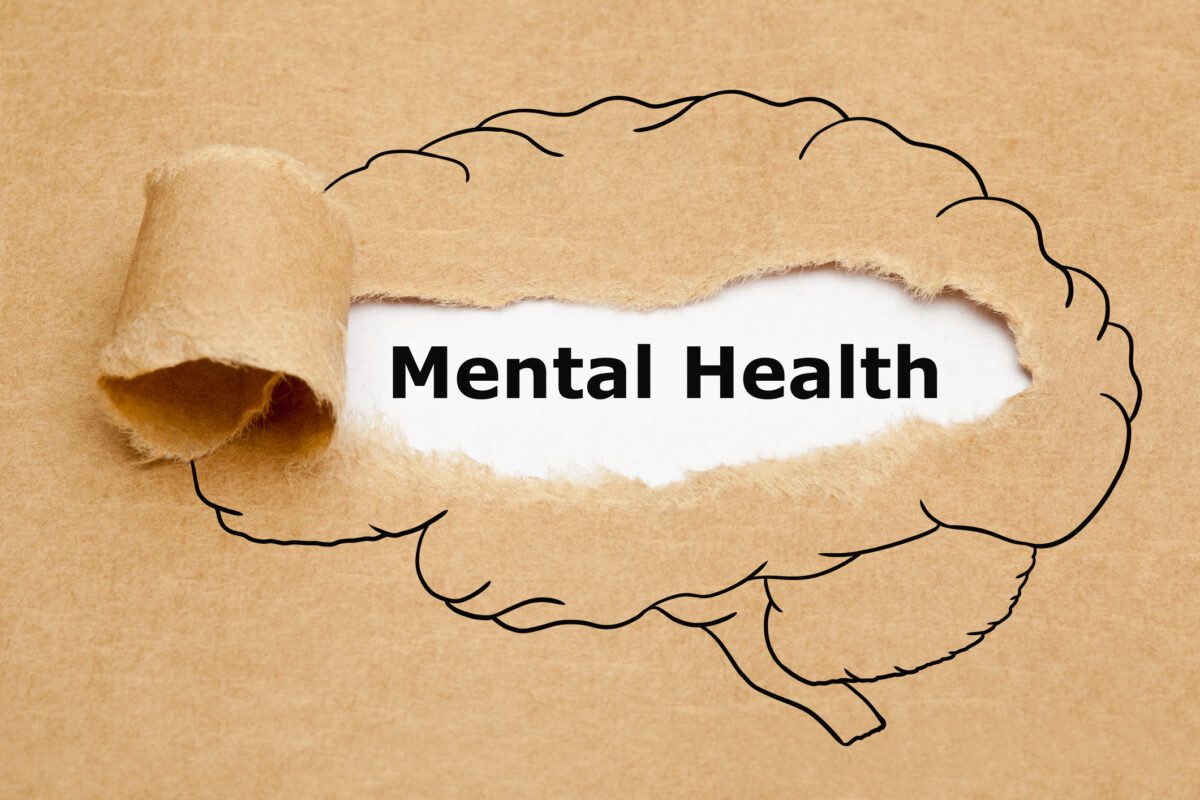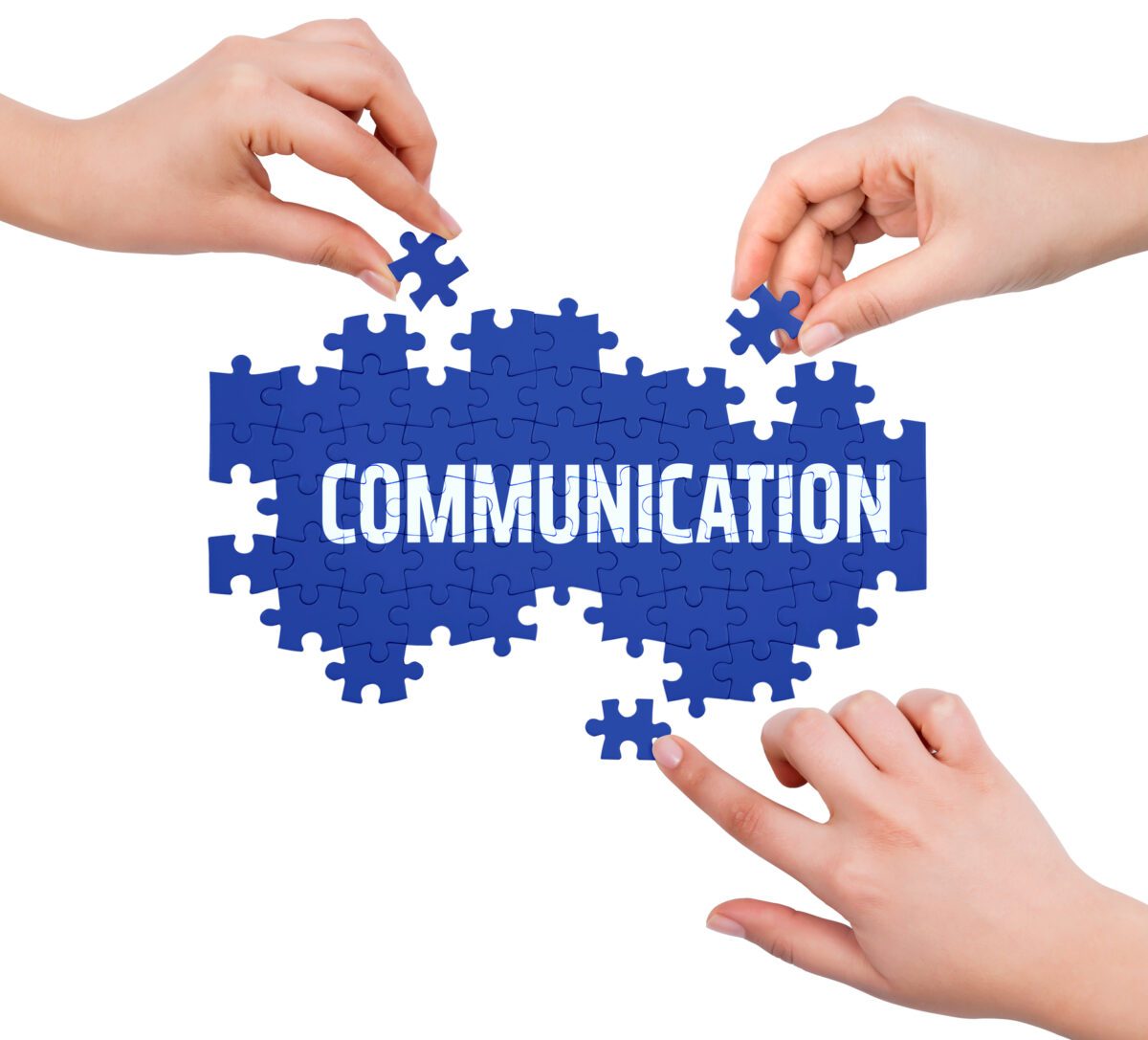Growing research has supported the link between attention-deficit/hyperactivity disorder (ADHD) and substance use disorder. Causes might come down to shared similarities between drug or alcohol addiction and ADHD symptoms.
Both ADHD and Substance use disorder are treatable. The disorders should be treated simultaneously to help treatment be effective. Learn about the connection between these disorders and how to get help if you or a loved one is struggling.
Alcohol Effects on ADHD symptoms
Extensive research has shown that an individual struggling with ADHD has an increased chance of developing alcohol use disorder. Some findings include:
- Earlier alcohol use. A twin study discovered those with severe childhood ADHD are more likely to drink at a young age and engage in heavy, frequent alcohol consumption.
- Increased risk of binge drinking: Binge drinking is a pattern of drinking where a man has five or more drinks within two hours or a woman has four within two hours. Studies have shown that 42% of those individuals with ADHD reported binge drinking every time they drank alcohol
- Increased risk of alcohol use disorder: Studies show that having ADHD in childhood increases the risk of developing alcohol use disorder in adulthood.
Alcohol is not the Solution
To many individuals, alcohol may appear as a short-term solution to the inner restlessness and anxiety often associated with ADHD. Unfortunately, the heavy alcohol consumption can actually intensify symptoms of ADHD and render some ADHD medications ineffective.
Though alcohol is a depressant, for those with ADHD, it can have the opposite effect. When a person drinks alcohol it can have a negative effect on the frontal lobe of the brain, which is responsible for clear thinking, decision making, and executive functioning.
Alcohol can also intensify symptoms of inattentiveness and restlessness. With prolonged heavy drinking, those with ADHD may experience intensified anxiety symptoms and have difficulty managing their emotions, which may result in more impulsivity and poor decision making.
Alcohol and ADHD Medications
Those with ADHD may be prescribed medications to manage their symptoms, such as stimulants and non-stimulants.
Stimulants like Adderall are commonly prescribed for ADHD. These medications work by increasing central nervous system activity to counteract symptoms of ADHD. On the other hand, alcohol depresses the central nervous system. By consuming alcohol while taking ADHD medication, it can change how the medication is processed in the brain and cause side effects such as:
- Increased blood pressure
- Increased or irregular heart rate
- Dehydration
- Impaired judgment
- Nausea/Vomiting
- Insomnia
- Seizures
Combining alcohol and stimulant medications can increase the risk of alcohol poisoning and overdose. Taking these substances for prolonged periods increases your risk of a heart attack or stroke. And since ADHD medications tend to reduce appetite, drinking on an empty stomach while taking these medications can make you drunk faster.
Why People With ADHD Turn to Alcohol
Several reasons can cause a person with ADHD to turn to alcohol and develop dependence. The connection between alcohol addiction and ADHD might come down to their shared symptoms, such as:
- Anxiousness
- Impulsivity
- Reward-seeking
- Difficulty with managing emotions
Alcohol Use Disorder
Studies show that 43% of people with ADHD are at risk of developing alcohol use disorder.
Alcohol use disorder is a chronic disease characterized by uncontrolled drinking and preoccupation with alcohol. Alcoholism is the inability to control drinking due to both a physical and emotional dependence on alcohol.
Those who struggle with alcohol use disorder tend to continue drinking even when it causes significant problems in their life. ADHD can also present unique challenges for a person attempting to quit drinking, making it essential that you seek help for both conditions.
Safety Risks:
Long-term alcohol use can severely impact your judgment and lower inhibitions. This can cause a person to make poor decisions and become involved in dangerous situations such as:
- Car accidents and other accidental injuries, such as drowning
- Relationship problems
- Poor work or academic performance
- Increased likelihood of becoming the victim of a crime
- Legal troubles
- Issues with employment or finances
- Problems with other substance use
- Increased risk of suicide
How to Get Help With ADHD and Alcohol Use Disorder
Alcohol addiction recovery for people with ADHD must include treatment that addresses both conditions. Individuals with co-occurring disorders can have a higher chance of a successful recovery when their mental health conditions are treated alongside drug use, and ADHD is no exception.
If left untreated, the effects of ADHD and alcohol use can worsen over time. Withdrawal can also be fatal or cause relapse. It is important that the co-occurring disorders, ADHD and Alcohol Use Disorder, are treated simultaneously by both medical, psychiatric, and behavioral professionals in order to recover.
I can help with both ADHD and Alcohol Use Disorder. Feel free to visit my website www.kirstenbook.com for more resources on how to recover.



